When parents accept the offer of a place at your school, it is in many ways the culmination of a lengthy, extensive and often expensive marketing exercise. Accordingly, you do not want to trip up at the last moment with your enrolment process and enrolment contract.
Contracts are formed when one party makes an offer which is accepted by the other. The enrolment contract is no different. It is important for schools to ensure their process is such that they are making the offer to the parents. This allows the school to dictate the terms upon which the offer is made. While in theory parents could come back with a counteroffer, in practice parents will either accept the offer or reject it.
Before making an offer, schools should ensure that:
- The parents are able to afford the school fees and other expenses of their child attending the school.
- The parents are familiar with the school’s culture or ethos and are comfortable for their child to be educated within it.
- The school is able to make whatever reasonable adjustments are required for students with disabilities.
Once satisfied of these things, the school normally makes an offer of a place at the school for the child to commence in a particular year. The parents are asked to accept the offer by signing a document which sets out the terms of the contract and by paying an enrolment fee. When this happens, the enrolment contract has been made.
An enrolment contract formalises the partnership between the school and the parents to achieve the common aim of providing excellent outcomes for the student. As such, enrolment contracts should be seen as relational contracts. The enrolment contract is entered into at the very beginning of what, in most cases, is a long relationship between the school and the parents. It is therefore an ideal document for the school to reaffirm what it is all about – something which it has hopefully been proclaiming in its marketing to this point. For example, a faith-based school will want to include upfront its vision and have parents agree to support this. This can be particularly important as we anticipate changes to discrimination laws dealing with religious beliefs. Also, following the Final Report of the Royal Commission into Institutional Responses to Child Sexual Abuse, all schools should be declaring that they seek to be child safe institutions and require parents to agree to support this. The enrolment contract terms should start in these areas instead of the usual focus on payment of fees. This sends a powerful message to new parents about what the school values most.
This is not to say that enrolment contracts should not protect schools. The enrolment contract should, of course, deal with the payment of fees and other related issues. There should also be terms dealing with:
- The standard of conduct expected of parents and students.
- Activities which are compulsory for students.
- Health and disability issues.
- Privacy.
- Separated parents and family law issues.
- Termination.
The enrolment contract is one of a school’s most important documents. Therefore:
- Get the enrolment process right!
- Have a comprehensive enrolment policy.
- Understand your discrimination obligations.
- Keep your enrolment terms up-to-date by regular review.
- Get both parents to sign everything.
Keep in mind that the enrolment contract is different from most business contracts. The enrolment contract governs a relationship between a school and parents – a relationship through which a child will receive an education. Nevertheless, there is a business side to the enrolment contract and it has to be drafted carefully to protect the school.
The enrolment contract should be simple, friendly and expressed in clear language that is easy for parents to understand.
Use your enrolment contract as an opportunity to build a strong and lasting relationship with each new family joining your school community.
David Ford is a Partner of Carroll & O’Dea Lawyers (formerly of Emil Ford Lawyers), known for his expertise in education law. With over 30 years’ experience advising Australian educational institutions, he also advises school boards on governance and conducts workplace investigations for schools. codea.com.au







